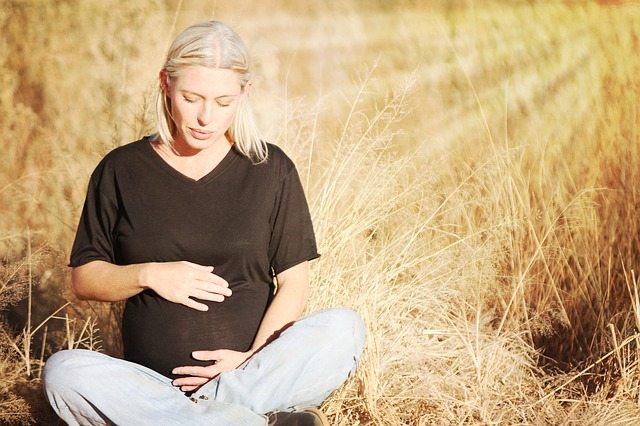Morning sickness is one of the negative side effects of pregnancy. Two thirds of pregnant women experience some form of vomiting and nausea during their pregnancy and it can be an exhausting and draining (literally) time for an expectant mum.
But what was once thought to be an old wives tale, that morning sickness early on in pregnancy was a sign of a healthy pregnancy, has now been confirmed through research.
The US National Institutes of Health has found nausea and vomiting during pregnancy is linked to a lower risk of miscarriage.
While not very pleasant to go through, there are no ill effects to the growing baby, as long as the pregnant mum doesn’t get dehydrated.
Dr Stefanie N. Hinkle who was the lead author of the study explained, “It’s a common thought that nausea indicates a healthy pregnancy, but there wasn’t a lot of high-quality evidence to support this belief.
“Our study evaluates symptoms from the earliest weeks of pregnancy, immediately after conception, and confirms that there is a protective association between nausea and vomiting and a lower risk of pregnancy loss.”
The conclusion to the findings was found by looking at a previous study that had 797 pregnant women, who kept daily diaries, writing down the frequency and intensity of their morning sickness.
More than half the pregnant women experienced nausea by the 8th week of their pregnancy. Almost a third of the pregnant women experienced both nausea and vomiting.
When the women gave birth, the study found that morning sickness made these women 50 to 75 percent less likely to experience a miscarriage.
The reasons why morning sickness offers this protective effect is not known, but there are theories that it’s the body’s reaction to safeguarding the fetus from disease-causing bacteria in food and beverages.
Better Health suggests pregnant women relieve the symptoms of morning sickness by “eating a few dry crackers before you get up in the morning, avoiding foods and smells that make you nauseous, drinking plenty of fluids and choosing high-carbohydrate and high-protein foods.”
“Numerous studies have discovered that moderate morning sickness is associated with a reduced risk of miscarriage.”
“However, prolonged vomiting (that leads to dehydration and weight loss) can deprive your child of proper nutrition and increase the risk of your baby being underweight at birth.”
It’s also important for pregnant women to understand the difference between a bout of morning sickness and the medical condition Hyperemesis Gravidarum.
Hyperemesis Gravidarum is persistent and severe vomiting leading to weight loss and dehydration during pregnancy. It’s a debilitating sickness that can put the expectant mother and the unborn baby in danger if medical attention is not sought.
Always speak to your doctor if you have concerns about the severity of morning sickness. There are safe medications that can stop constant vomiting, but it’s best to speak to your obstetrician or GP for the best way to manage the vomiting.










